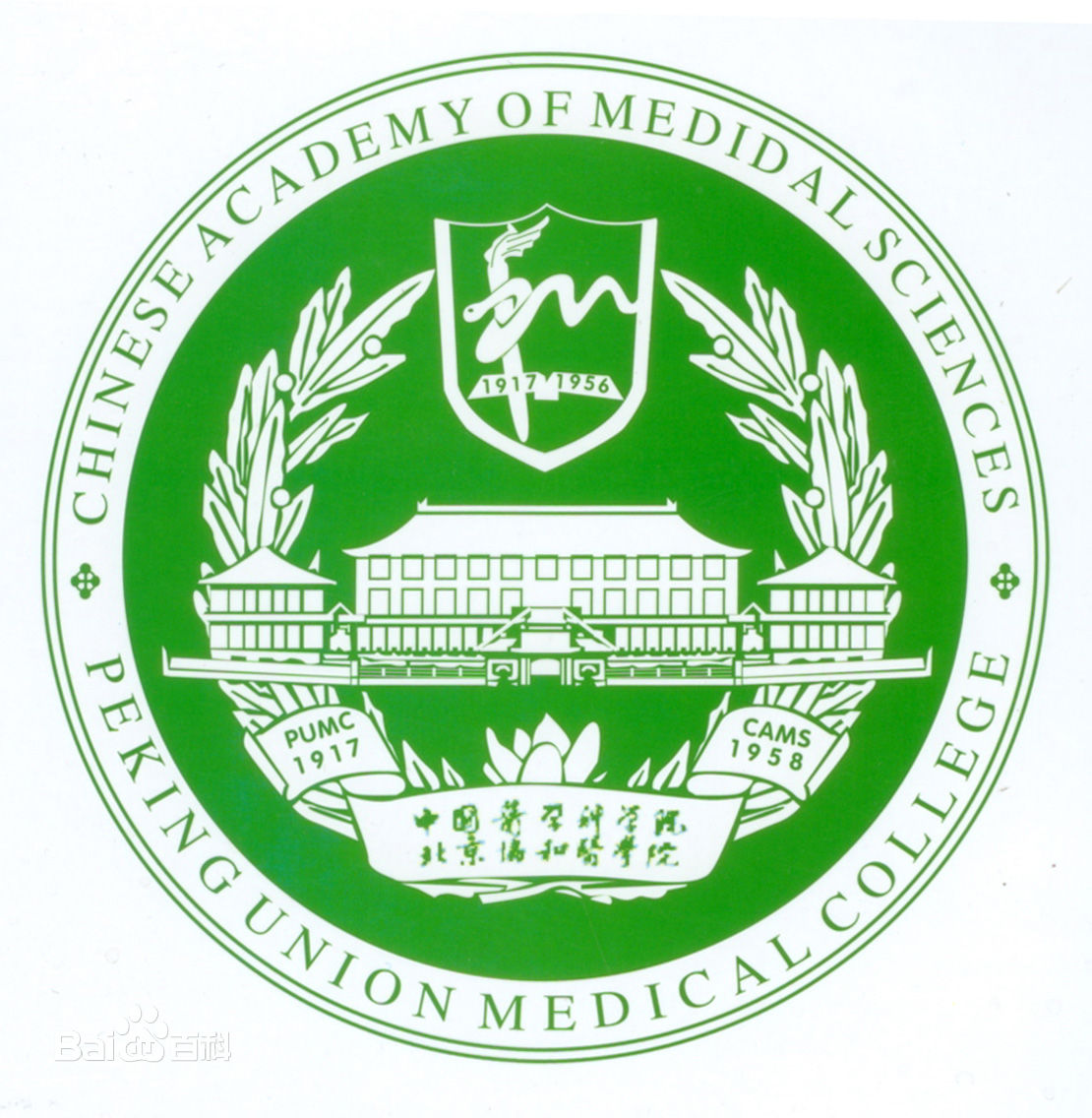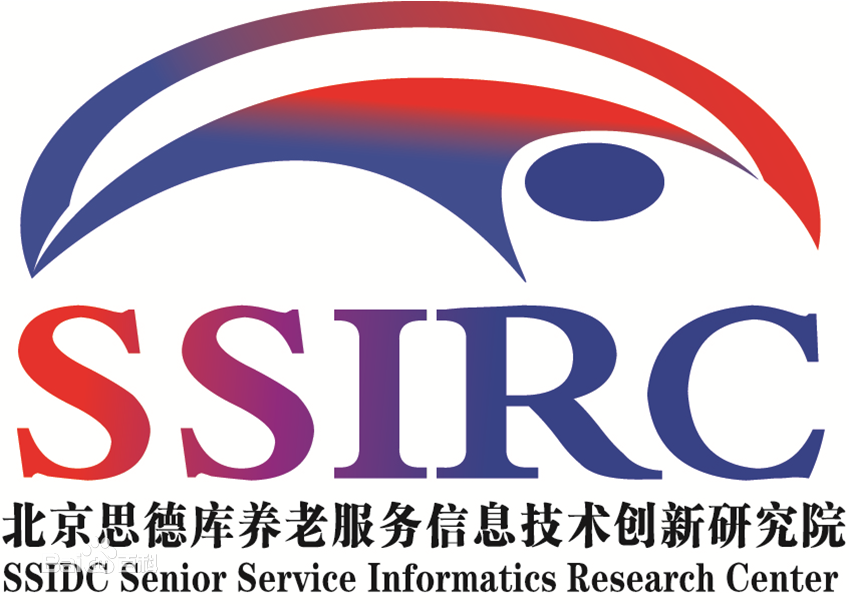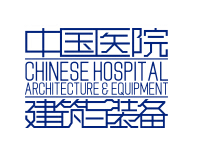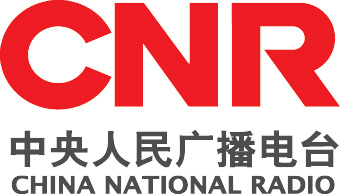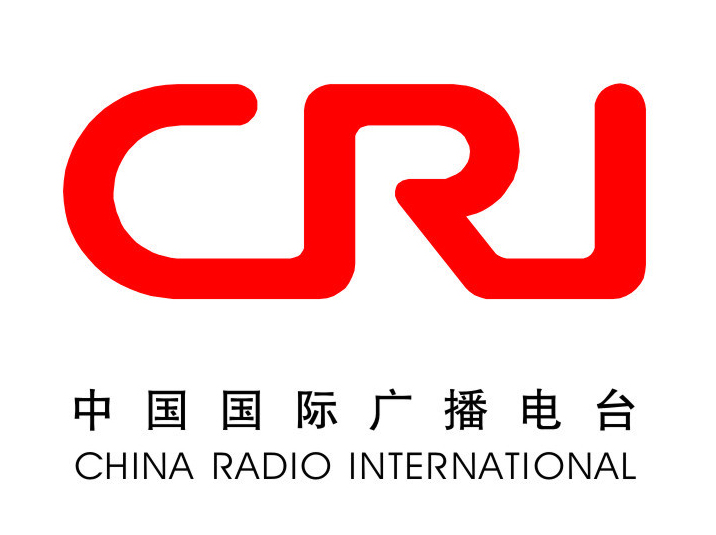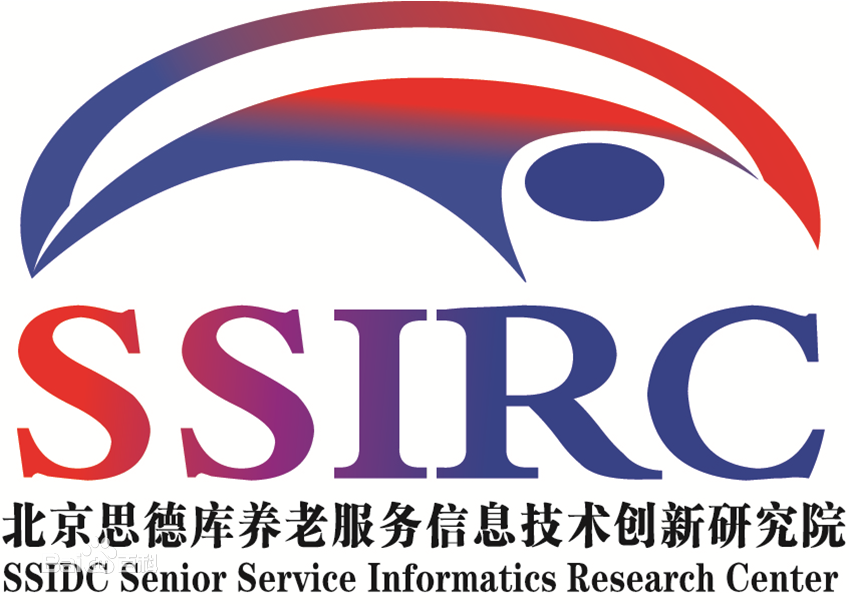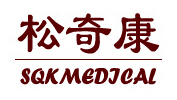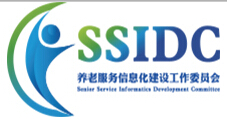
August 22-24,2019
Shanghai is aiming for its healthcare service sector to account for as much as 7.5 percent of the city's GDP by 2030, as part of its efforts to become a global city in 2035, according to official sources.
The Shanghai municipal government published 50 measures recently to boost the city's healthcare service sector and make it one of its pillar industries.
"As stated by the new measures, leading medical centers including the Shanghai New Hongqiao International Medical Center have been tasked to take the lead in the healthcare service sector by applying cutting edge technology and service, high-end medical service and state-of-the-art technology and services," said Gu Chunhua, vice general manager of Shanghai New Hongqiao International Medical Center Construction Development.
Gu added that in spite of Shanghai's strengths in public healthcare and primary healthcare, there is still potential for organizations to explore how they can better respond to healthcare demand at higher levels.
To achieve the goal of boosting the healthcare service sector, the municipal government has drawn up a strategic plan which involves the distribution of major medical resources and the construction of five special areas: the Shanghai International Medical Zones, the New Hongqiao International Medical Center, a precision medicine and health service cluster in Jiading district, the Taopu International Health Innovation Industrial Zone in Putuo district and the Fenglin Life and Health Industrial Zone in Xuhui district.
Located near the Hong-qiao transportation hub, the Shanghai New Hong-qiao International Medical Center will occupy 100 hectares. The first phase of the project, which represents an investment of 10 billion yuan ($1.46 billion) and comprises a medical technology and clinical center, seven high-end hospitals, several special clinics as well as a branch of Shanghai-based Huashan Hospital, will be completed by 2020.
Vice-Mayor Weng Tiehui said that the 50 new measures are designed to improve the city's health services through the integration of new technologies and advanced management techniques.
"We encourage the application of big data and artificial intelligence into fields such as medical imagology, pathological analysis and computer-aided diagnosis to promote the development of smart health services," said Weng at the news conference.
She added that the city is also encouraging nongovernmental entities to cooperate with public hospitals as well as run high-level medical institutions that are defined by their distinctive specialties.
Meanwhile, a new hospital representing a strategic collaboration between the Luye Medical Group and the Cleveland Clinic in the United States was announced on July 12. The hospital, which will be located at the Shanghai New Hongqiao International Medical Center, will be owned and operated by Luye Medical. The facility will have access to best practices and protocols created by Cleveland Clinic experts.
Patients in Shanghai will be able to access detailed health education materials prepared by experts at Cleveland Clinic regarding medical conditions and treatment options. The hospital can also help patients connect with Cleveland Clinic specialists without the time and expense of travel to obtain second opinions through distance health technologies.
"With our shared vision, we will strive to deliver world-class healthcare innovation and expertise that would have a profound impact on the well-being of the local community," said Liu Dianbo, chairman of the board and president of Luye Life Sciences Group.
"As the collaboration progresses, we look forward to working closely with public hospitals and universities to drive innovation with the 'hospital of the future' collaboration centers and deliver international-level clinical outcomes and value to patients locally and nationally."
The 50 measures touch on the development of commercial healthcare insurance. Wang Xiaodong, deputy director of the China Insurance Regulatory Commission's Shanghai Bureau, noted that commercial insurers could exchange and share data with medical institutions, allowing residents to directly claim their medical expenses.
"Residents can buy commercial insurance using their individual medical savings accounts. We also encourage the development of supplementary commercial insurance for residents," said Wang.
As of the end of June, 82,900 people in Shanghai have bought commercial insurance using their individual medical savings accounts, he added.
The new measures also include strict regulations on the supervision of medical staff, such as the introduction of certification for all medical workers. The system is currently undergoing trial operation in five medical institutions and is expected to be rolled out across the city.
A new platform that helps people access authorized medical service information is also under construction. The platform began trial operation in April and currently contains official information on 4,000 medical institutions in the city.
Source: China Daily













